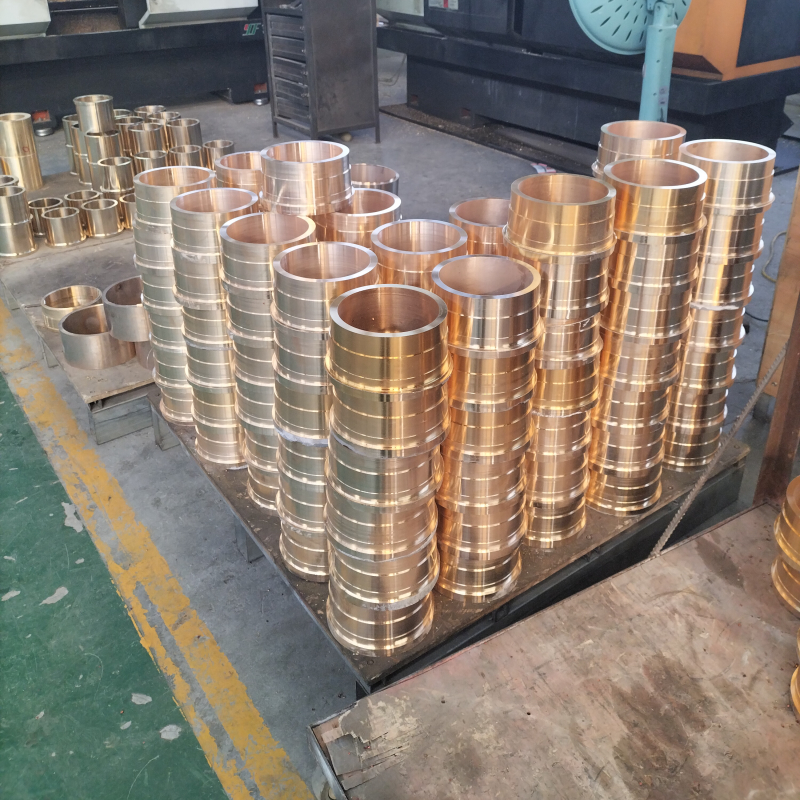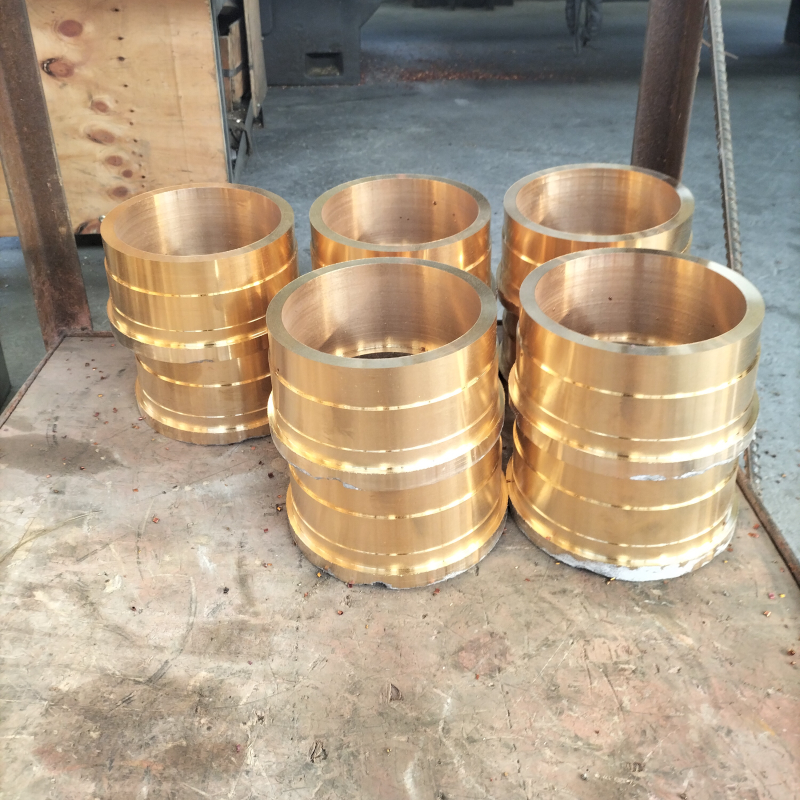 Mazhuang Village, Yuhe Town, Huixian City, Xinxiang City, Henan Province, China
Mazhuang Village, Yuhe Town, Huixian City, Xinxiang City, Henan Province, China
 Service Hotline +86 17630258963
Service Hotline +86 17630258963  Cell phone +86 17630258963
Cell phone +86 17630258963 Brass Rusting Conditions
Brass is a copper-zinc alloy. After water washing, if it is in a normal environment, since zinc is more active than copper, when the water film on the surface is dissolved with carbon dioxide and other substances, the zinc will react first to form corrosion products such as alkaline zinc carbonate. The reaction process is roughly as follows: zinc reacts with water and carbon dioxide to form zinc carbonate and hydrogen, and zinc carbonate further reacts with water to form zinc carbonate base. This process can be viewed as “rusting” in a way.
If the environment is harsh, such as in an environment containing sulfides, the copper in the brass will react with the sulfides to form black copper sulfide, discoloring and “rusting” the brass surface. For example, in the more serious industrial pollution areas, the air contains more sulfur dioxide, brass products are prone to this sulfide corrosion.

Tin bronze rust
Tin bronze contains copper and tin and other components. After water washing, in the general environment, the copper atoms on the surface of tin bronze may also be oxidized, generating a thin layer of copper oxide. However, the element tin can play a protective role to a certain extent, as tin will form a relatively stable oxide film on the surface of the alloy, which prevents oxygen from coming into further contact with the copper atoms inside and slows down the oxidation process.
Compared with brass, tin bronze usually rusts slower in the same post-wash ordinary environment. However, if it is exposed to highly corrosive environments, such as those containing high concentrations of chloride ions (e.g. seawater environments), tin bronze will also corrode, as chloride ions will break down the oxide film on its surface, exposing the metal atoms inside and causing corrosion reactions.

Comprehensive Comparison
Brass is relatively more susceptible to rusting in an ordinary atmospheric environment after simple water washing, because the presence of zinc makes it relatively more chemically reactive. However, if there are other special corrosive factors in the environment, such as sulfide or chloride ions, both may accelerate rusting, and the specific rusting situation still needs to be judged according to the actual environmental conditions.
